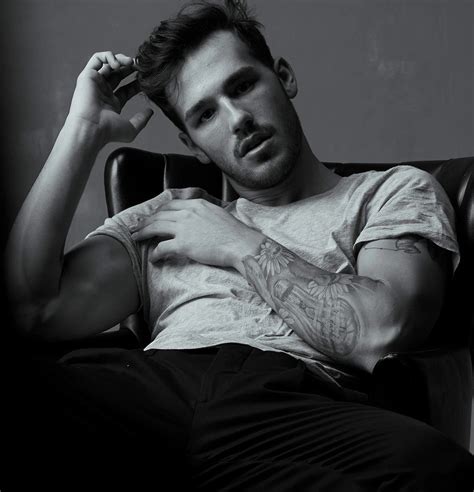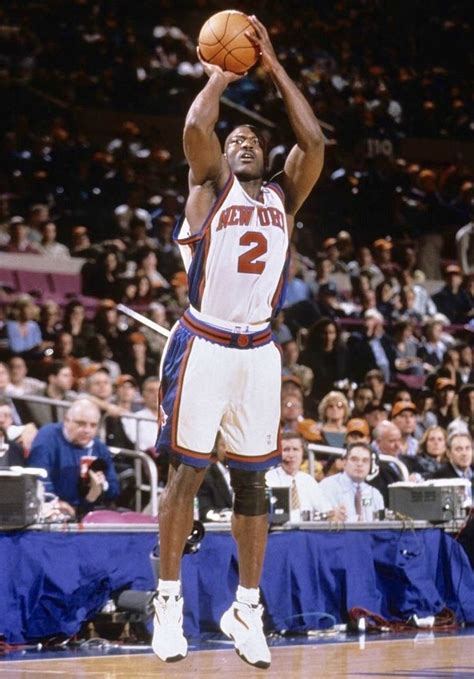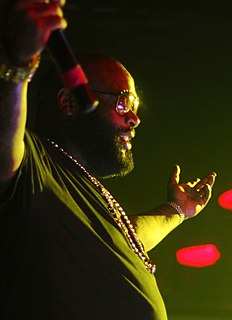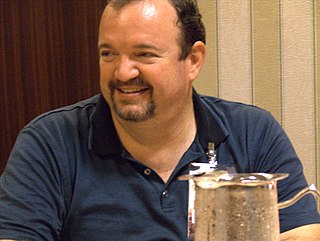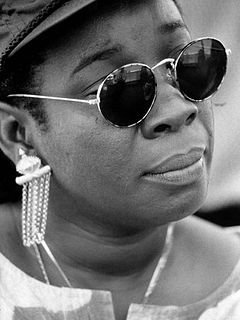A Quote by Jacob Whitesides
Every song is personal, but 'Ohio,' on my first EP, was on another level. I really opened up about the lack of relationship I had with my father. We stopped talking about four years ago, and I haven't had a father figure in my life since.
Related Quotes
I lived in Greece for about four years of my life, and living there had a huge impact on my life growing up. My father was very much adamant that we would learn about our culture. It's a very rich culture to be a part of since it has such a great history behind it. I definitely carry that in my job, and I am very passionate.
My father was a writer, so I grew up writing and reading and I was really encouraged by him. I had some sort of gift and when it came time to try to find a publisher I had a little bit of an "in" because I had his agent I could turn to, to at least read my initial offerings when I was about 20. But the only problem was that they were just awful, they were just terrible stories and my agent, who ended up being my agent, was very, very sweet about it, but it took about four years until I actually had something worth trying to sell.
'Master Harold' is about me as a little boy, and my father, who was an alcoholic. There's a thread running down the Fugard line of alcoholism. Thankfully I haven't passed it on to my child, a wonderful daughter who's stone-cold sober. But I had the tendency from my father, just as he had had it from his father.
I don't write from dreams because I don't remember mine, but I had a fragment of an image left about twins, whose father was telling them how their lives were going to go for the next eight years. I wrote a scene about that, and then another and then another and then another, and after five months I had 732 pages.
Those silly girls had no idea what they were really celebrating. They had no idea what it took to bring Agatha and her friends together seventy-five years ago. The Women's Society Club had been about supporting one another, about banding together to protect one another because no one else would. But it had turned into an ugly beast, a means by which rich ladies would congratulate themselves by giving money to the poor. And Agatha had let it happen. All her life, it seemed, she was making up for things she let happen.
'Wayne of Gotham' is very much a father-and-son exploration. We've always seen Thomas Wayne through the years as this figure carved in marble; this perfect man. The only thing we really know about is that he died in that alley outside of a theater. But every son has to confront the reality of his father at some point in his life.
In the weeks since I had made the decision to leave my father's house, I had grown up. And I had learned that not every battle can be fought by firing an arrow from a bow. But I would have to face whatever new challenges came my way as bravely as I had faced the Huns. I could not wallow in self-pity, thinking about what might have been. I had to do my duty. It was the only way to stay true to myself.
